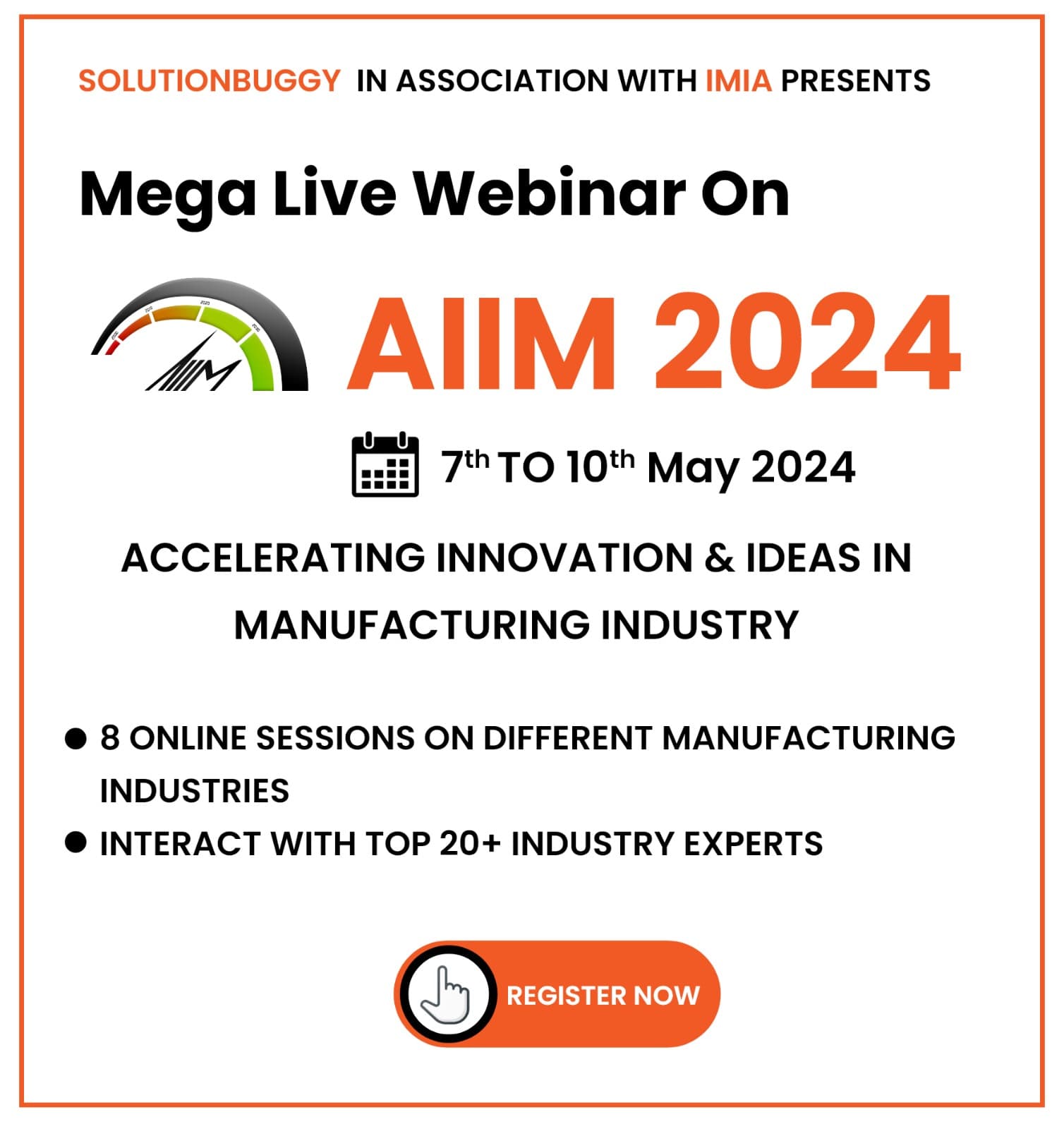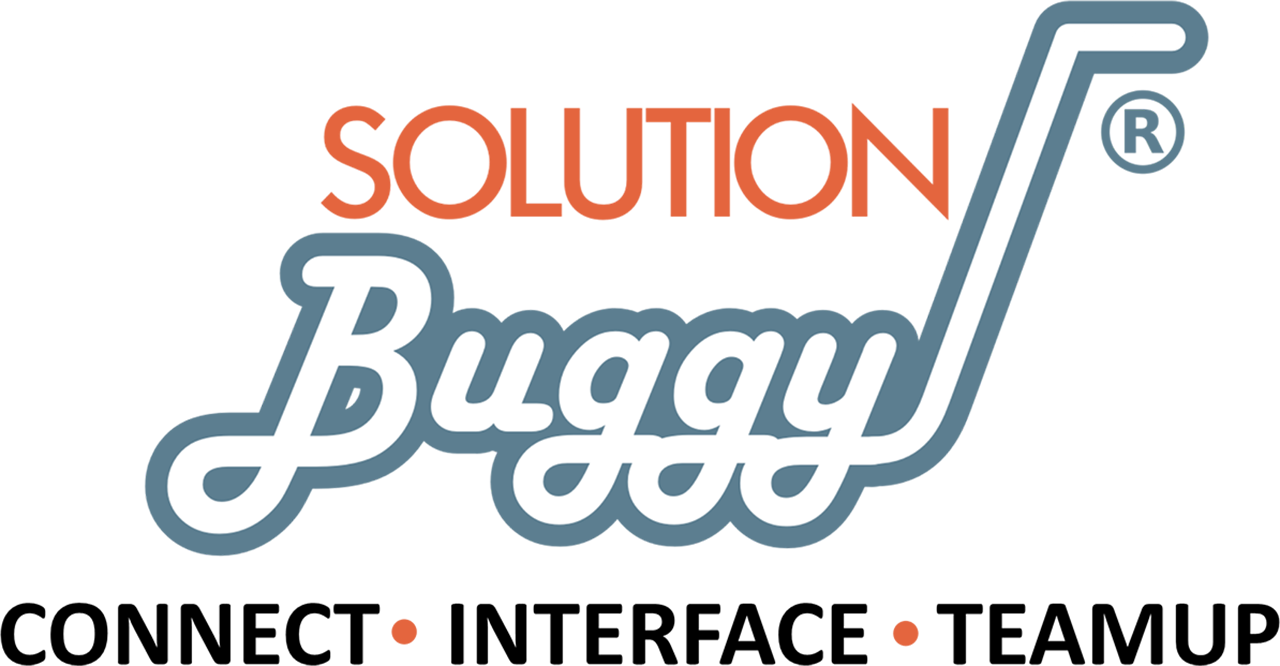How To Start Food Processing Business ?
Solutions For
Reach Us
Bangalore (Head Office)
#249, 2nd floor, 14th Main Rd, Sector 7, H.S.R Layout, Bangalore - 560102.
Across India : Delhi | Pune | Mumbai | Chennai | Ahmedabad | Hyderabad | Kolkata, and 30+ major cities across India
Copyright © 2024 SolBuggy. All Rights Reserved
Consult NowCall UsWhatsApp(24/7)


















